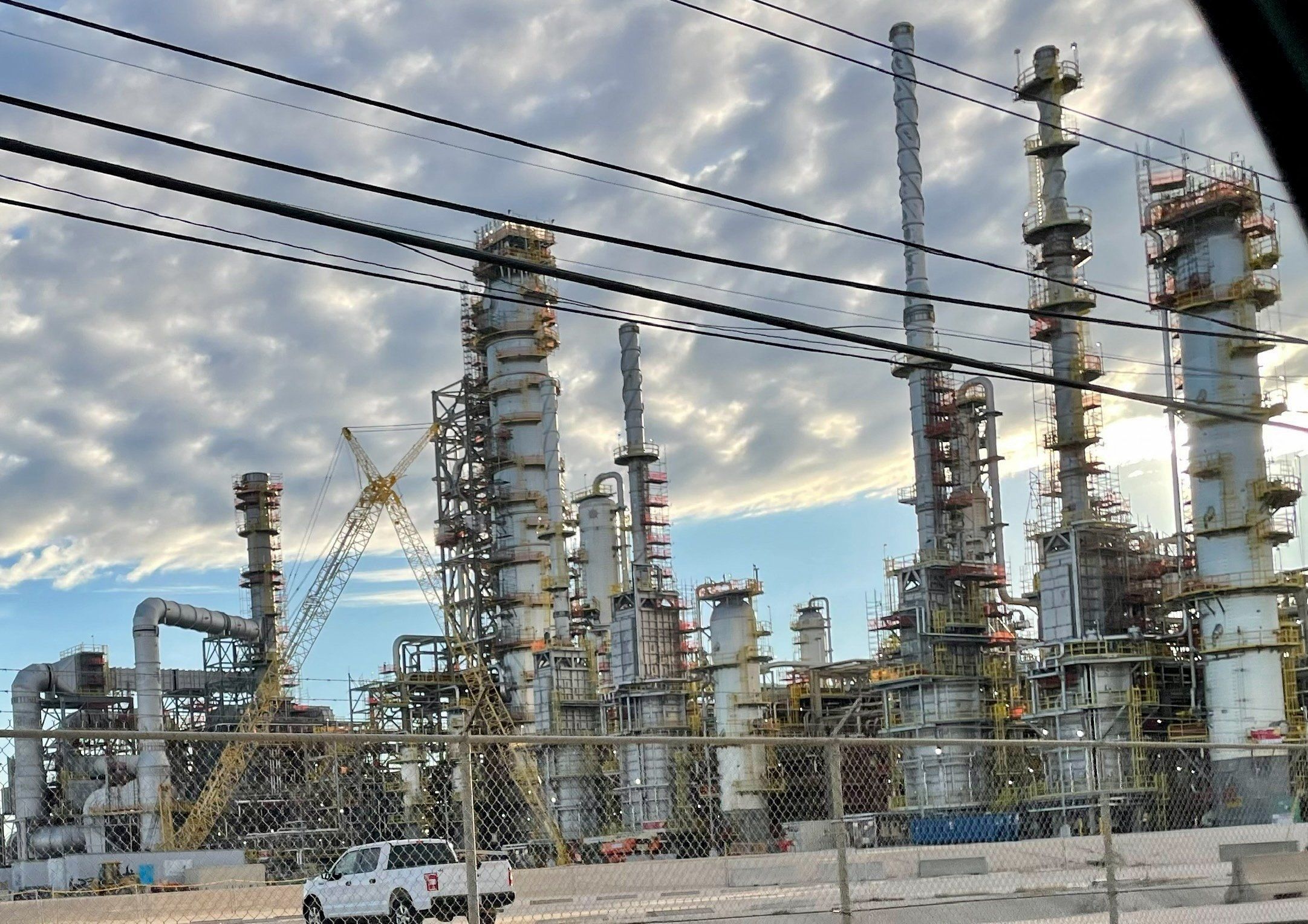59.5 billion: US oil major Exxon Mobil on Wednesday paid $59.5 billion to acquire Pioneer Natural Resources, a major producer of shale oil in West Texas. Experts
say the deal, Exxon Mobil’s largest since the 1990s, could spark fresh investments and acquisitions in the Canadian shale industry as well.
25: Netflix is planning to raise subscription prices again, starting with the US and Canada, as soon as the ongoing US actors strike ends. The precise cost increase isn’t known yet, but it comes after Netflix and other ad-free streamers have already raised their fees by 25% over the past year.
800: Is a flood on the way? As the weather gets more and more extreme, the answer is, increasingly, yes — but where and when? Google Maps has an answer for that: a new prediction service called Flood Hub. In the US and Canada, it will cover 800 river areas inhabited by some 12 million people.
32 billion: The OECD this week
released a new draft treaty on global digital taxation that could raise as much as $32 billion annually by enabling governments to tax tech companies in the countries where they operate, rather than just where they are headquartered. It’s unclear whether it will be ratified by enough countries’ legislatures to take effect — but Canada is charging ahead unilaterally with
its own digital tax, despite threats from US lawmakers.
